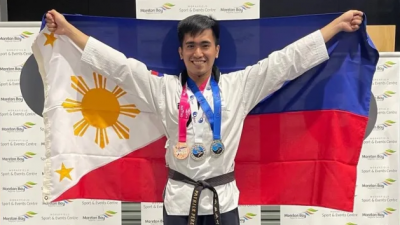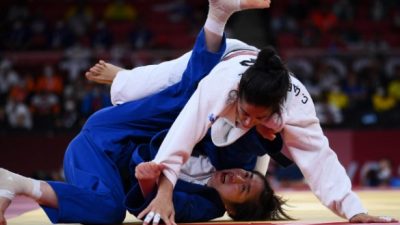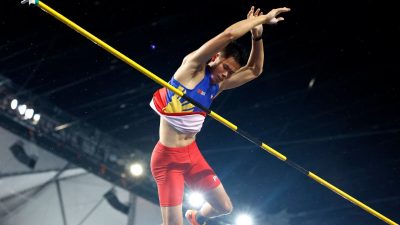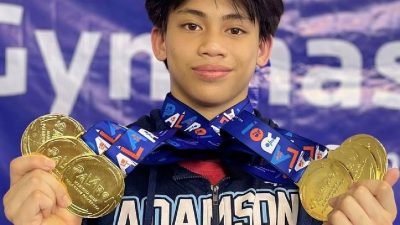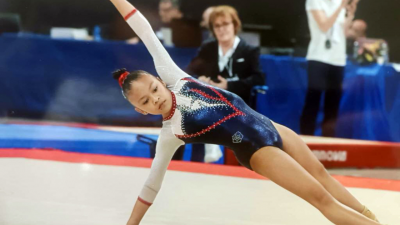THE Philippines concluded its participation in the 19th Asian Games held in Hangzhou, China, with a commendable performance, securing a total of four gold medals.
This achievement matches the country’s medal count from the 2018 edition of the Games in Jakarta and Palembang, Indonesia.
Finishing 17th overall, Filipino athletes also clinched two silver medals and an impressive 12 bronze medals, resulting in a total medal tally of 18 for the Philippines at the Asiad. The closing ceremony of the event took place on Sunday evening, October 8.
In comparison to their performance in Indonesia, the Philippines maintained their gold and silver medal haul but fell slightly short in the bronze category. Nevertheless, the nation managed to surpass its previous 19th-place finish by climbing two spots in the overall rankings.
The host nation, China, dominated the Games with an astonishing 201 gold medals, along with 111 silver and 71 bronze medals,
accumulating a total of 383 medals.
This victory marked China’s 11th consecutive overall championship in the Asian Games since their first win in 1982 in India. Japan secured the second position with 51 gold, 67 silver, and 69 bronze medals, followed by South Korea in third place with 42 gold, 59 silver, and 89 bronze medals. India took fourth place with 28 gold, 38 silver, and 41 bronze medals, while Uzbekistan rounded out the top five with 22 gold, 18 silver, and 31 bronze medals.
Before the Hangzhou Games, the President of the Philippine Olympic Committee (POC), Abraham ‘Bambol’ Tolentino, had set a target of winning at least four gold medals for the country. Initially, this goal seemed challenging as the Philippine contingent struggled to secure gold medals in the first week of competition.
Fortunately, Ernest John ‘EJ’ Obiena, ranked as the world’s number 2 pole vaulter, delivered the Philippines its first gold medal by setting a new Asiad men’s pole vault record of 5.90 meters on September 30. This marked a significant improvement for Obiena, who had finished in seventh place in 2018 with a clearance of 5.30 meters.
The Philippines continued its quest for gold, and Meggie Ochoa clinched another gold on October 5 despite battling fever and hip pain. Ochoa, a two-time world champion and 2018 Asiad bronze medalist, emerged victorious in the ju-jitsu women’s -48kg final, defeating Balqees Abdulla of the United Arab Emirates.
The following day, October 6, proved pivotal for the Philippines as they secured two gold medals, meeting the POC’s target. Ju-jitsu artist Annie Ramirez unexpectedly became a champion, winning the women’s -57kg class by defeating Galina Duvanova of Kazakhstan.
Later that evening, Gilas Pilipinas, led by interim coach Tim Cone and naturalized player Justin Brownlee, secured the gold in the men’s basketball tournament, marking the Philippines’ first gold in Asiad basketball in 61 years.
Notably, Arnel Mandal and Eumir Marcial contributed to the country’s medal haul with two silver medals, while Marcial’s performance also secured his spot in the Paris Olympics next year as an Asiad boxing finalist.
Additionally, the Philippines boasted 12 bronze medalists in various sports, including taijiquan and taijijian all-around, sanda, weightlifting, tennis, mixed doubles tennis, poomsae, sepak takraw, kata, and ju-jitsu, as well as in BMX racing.
In summary, the Philippines showcased its athletic prowess and determination, achieving a remarkable performance at the 19th Asian Games in Hangzhou, China.
(AI/MNM)


